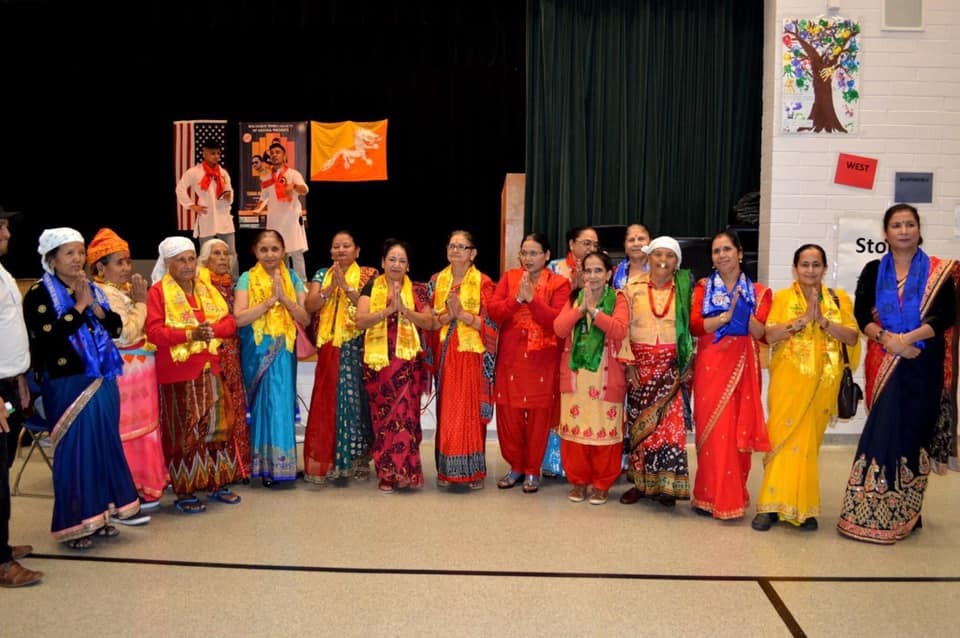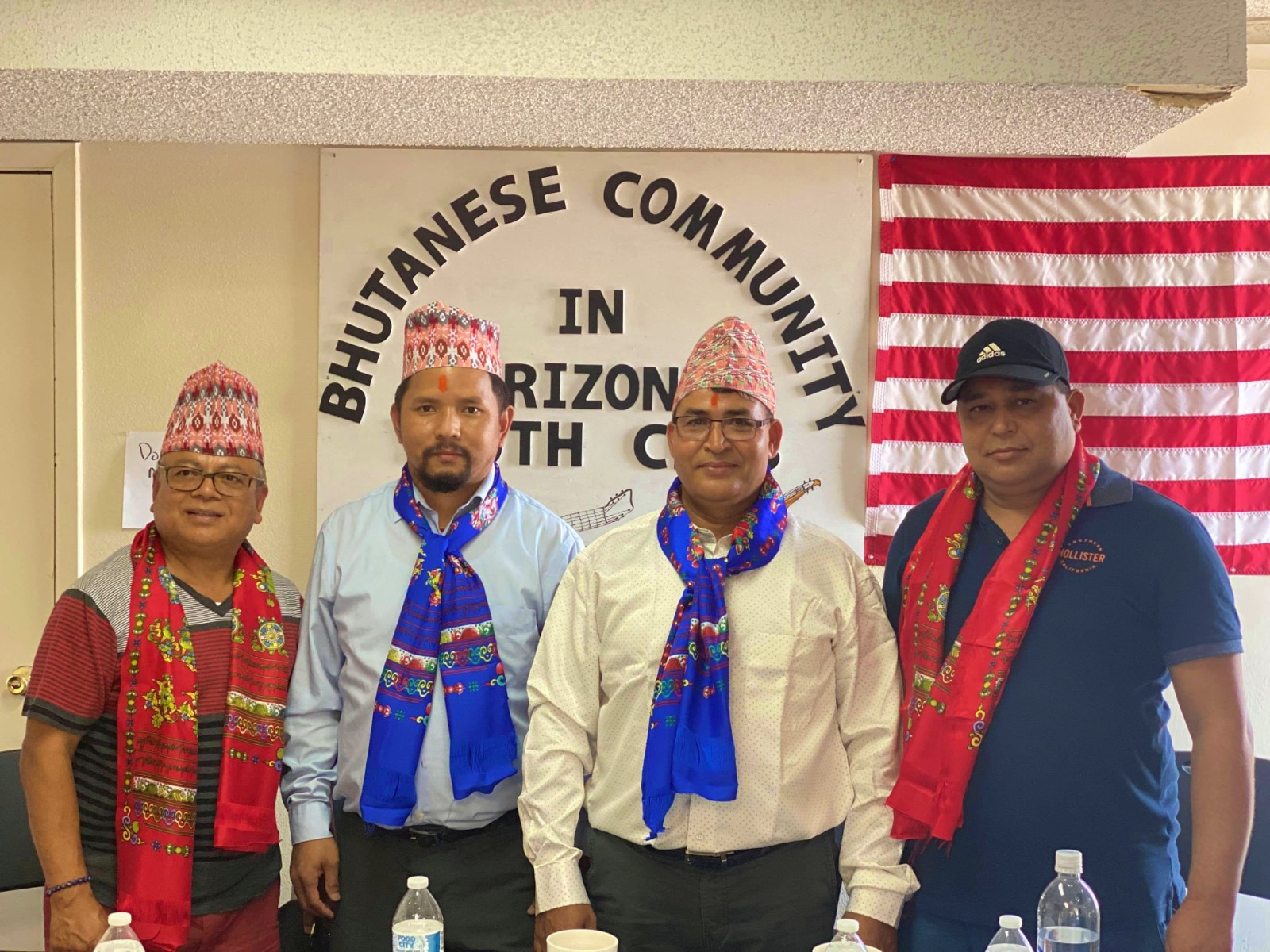Projects

Sewa International Bhutanese Refugee Empowerment Project
Bhutanese refugees first arrived in the US in 2008. Now there are 80,000 refugees settled across US states. The refugees arrived with minimal knowledge of English, a 45% literacy rate, limited skill sets, and the highest suicide rate of an ethnic group in the US. In 2008-2013 Sewa International designed this project as a flagship and focused significant efforts from staff and volunteers towards the cause. Women empowerment, skill set improvement, job and vocational services, education and emergency services, and improving life skills were just some of the services Sewa took on.

Bhutanese Youth Heritage Camp- January 20th 2018
To find our identity. "Who are we?" That was the purpose of this camp. A workshop based on a group discussion activity was conducted to discuss what the refugees thought about this question. There were 2 groups. One discussed the difference between Bhutanese and American culture, while the other group discussed the similarities between the two cultures. At the end of the discussion the outcome was presented to everyone.
The next meeting was an informative session about " Our History" where Tekman Pariya told the history of the Nepalese in Bhutan and why they left and ended up in refugee camps. Retired professor Prem Bhandari ji continued by talking about the challenges the community faced by living in refugee camps. After the speech Sewa youth volunteers helped served lunch. Then everyone moved on to the career development workshop. Here people were taught about the interview process, making a resume, and how to write formal and informal letters. Visitors and chief guests were invited to see the progress. In the end Sewa members, BCA members, and guest were honored with a khada (a special Bhutanese scarf) as a token of appreciation. Chief guest Juliana Davis, a refugee health coordinator from Arizona Refugee resettlement, praised the efforts of Sewa international and Bhutanese leadership for the initiatives taken to empower the refugee community.
